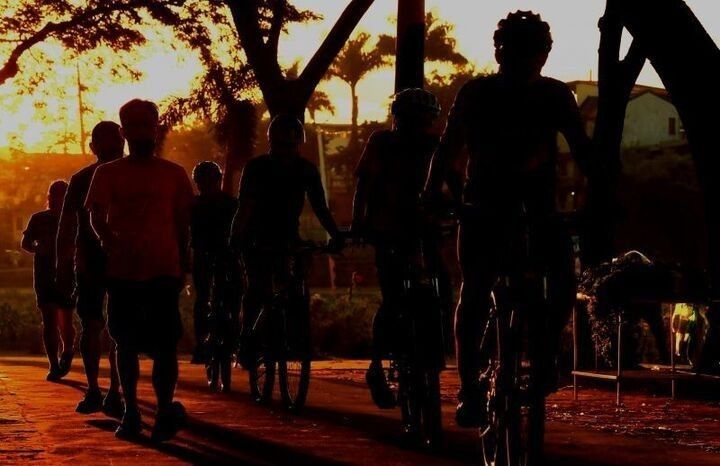UP expert says too early to tell if COVID-19 case increase can lead to surge

MANILA, Philippines — It is still too early to tell if the increased coronavirus cases as of late can result in a surge later on, a data analytics researcher from the University of the Philippines pointed out Monday.
Speaking in an interview aired over ABS-CBN's TeleRadyo, Professor Jomar Rabajante of the UP COVID-19 Pandemic Response Team said that.
"We can't say if this is the start [of a surge] because there are some instances where the reported cases are low. And we have to be careful when interpreting this growth rate," he said in mixed Filipino and English.
Rabajante pointed out that the supposedly high percentages indicating supposed increases can be inflated because the base number of cases in an area is already low.
However, he admitted that the UP COVID-19 Pandemic Response Team still had increased COVID-19 projections for the months of May to July.
"One of the main reasons is the waning of immunity. We still don't know what the dynamics will be, so what we did was we did simulations and scenarios. And there were some scenarios where there might be an increase based on waning immunity at around June and July," he said.
In this scenario, non-ICU bed utilization may be at around 5,000 to 10,000 while ICU beds will be at 1,000.
"But if you look at the numbers, this is still low compared to previous waves like the one in January," he said. "At the same time, there are also some scenarios where they don't increase."
In other scenarios, the numbers stay relatively flat due to the change in testing protocols to testing only those patients who are experiencing moderate, critical, and severe cases.
Rabajante said that a possible result of this could be that the mild and asymptomatic cases won't be detected, keeping a full-on surge from being detected in effect.
"If we're asking if the numbers we have now are the actual numbers, definitely we don't know, because we're not testing everyone anymore," he said in Filipino.
But won't the mass gatherings from campaign sorties amid the election season along with the opening of borders to tourists contribute to a possible surge?
"Possible it won't be that big and that fast compared to January because still, even if there's a waning of immunity, many Filipinos today already have hybrid immunity."
Earlier at the start of May, the OCTA Research Group said that the National Capital Region saw an uptick in COVID-19 cases as new cases increased by 7% compared to the previous week.
However, OCTA Research fellow Dr. Guido David said Monday that the 75 new cases reported that day meant that Metro Manila "erased the uptick as the one-week growth rate dipped to -4%."
Despite the rise in cases, both the Philippines as a whole and Metro Manila remain at “minimal risk” for COVID-19 transmission, health authorities have said.
Last week, the DOH announced the detection of the Omicron subvariant BA.2.12 in the country. It is neither classified as a variant of concern nor a variant of interest by the World Health Organization.
To date, authorities have recorded 3.69 million cases of the coronavirus in the country since the pandemic began.
Regardless of the scenario, would the Philippines ever go back to the widespread lockdowns similar to the enhanced community quarantine cycle in 2020?
The researcher says many of the protocols in both the private and public sectors have improved over the years, but added that surveillance and monitoring should still continue moving forward.
"Actually, the extensive lockdowns are really not that efficient. If we do lockdown, the suggestion there is to do a granular, targeted lockdown," Rabajante said.
"Many years have passed already and we have better knowledge and vaccines against COVID-19. They're not transmission blockers, but they can stop cases from being severe. We also have anti-viral drugs now to prevent severe cases and deaths."
— Franco Luna with a report from Gaea Katreena Cabico
- Latest
- Trending
































